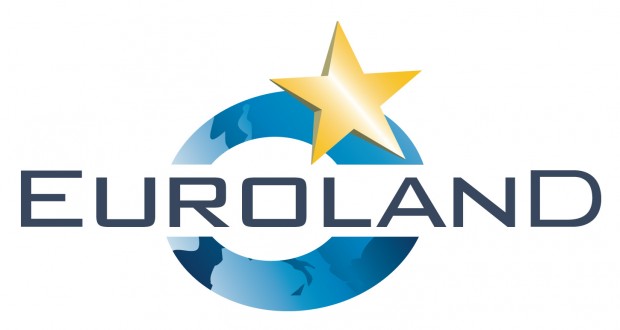An excerpt from GEAB N°62 (February 2012)
At the same time these two years will see the acceleration of the difference between Euroland and the EU. It is a phenomenon which will in fact characterize the whole of the decade. Euroland which functions to a large extent in the form of informal networks will gradually have to equip itself with some institutional bases. They will be modest because nobody wants a repeat of the bureaucracy which definitively ossified Brussels; but modelled on the ECB, the MES, a secretariat of Euroland governance will prove to be necessary very quickly, then certain specific institutions as well as a specific Euroland component within the European Parliament (meetings reserved for the European representatives of the Euroland countries to discuss specific Euroland questions, modelled on the Euroland summits).
This development will be all the more strong and rapid that the United Kingdom will try to slow down or block Euroland actions. There was such an example of the counter-productive effect of the British veto last December; it quite simply obliged the others to move on without London.
In general, Eurolanders will seek to use the existing EU institutions but distancing non-Eurolanders from the decision-making processes. Each time it’s impossible or too complicated, a new institutional base will be created. This development will be all the easier as all the EU countries, except for the United Kingdom, have a rationale for adhesion to the Euro in fact[1]. Most EU countries know that they will be in Euroland by 2017; which greatly facilitates Euroland progress for the years to come.
Thus, after about fifteen years of mistakes under British and US influence, during which Europeans were misled on enlargement projects without a future (Turkey, Ukraine,…)[2] and illusory economic-financial strategies (Lisbon treaty strategy,…), the next few years will bear the mark of the return to political and economic integration, as was the case at the time of the first EU renaissance in 1984-1992. According To LEAP/E2020, 2012/2013 will thus mark the beginning of the second EU renaissance.
[1] Including Denmark which is waiting for the right moment for a referendum on the subject (source: Euronews, 23/01/2012). The Czech case is very simple: with Vaclav Klaus no longer president, the Czech Republic will join the remainder of the European countries to prepare for Euro entry. It will be a phenomenon similar to the 2007 replacement of the Polish Kaczynski twins, pro-American and anti-European, by current the Prime Minister Donald Tusk, leading to a 180° turn in European policy. A final remark on the Klaus case: his party like his re-election to the presidency in 2008, via the vote of members of the Czech parliament, faced multiple accusations of corruption. Its “representativeness” of Czech public opinion is measured with these kind of “details”. In 2013, the president will finally be elected by universal suffrage. Source: Rue89, 09/02/2011
[2] This drift of the original European project prevented citizens from concentrating on the question of the governance/democratization tandem since Europe was always a movable feast. Thus, even at young generation level, the official promotion of this Europe without borders prevented the emergence of new initiatives to try and influence their future. Our team can note that currently, and at very high speed, this situation is changing radically.


 LEAP2040 Toutes les informations et archives Europe2040
LEAP2040 Toutes les informations et archives Europe2040



